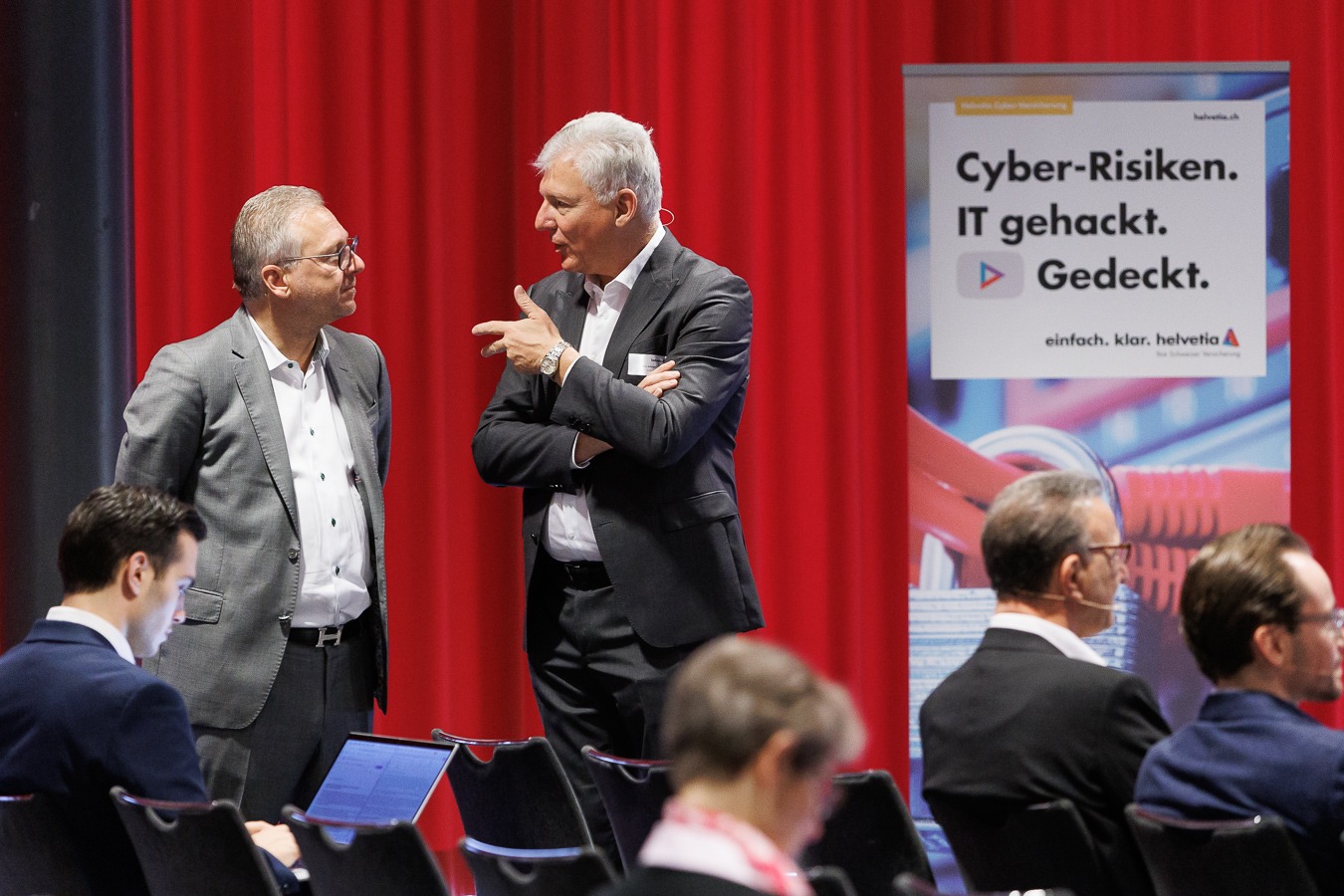The threat of cybercrime is increasing rapidly and critical infrastructures are also increasingly being targeted. At the third Helvetia Cyber Symposium in Bern, experts from the worlds of business, science and government agreed that the threat can only be contained through cooperation, investment in resilience and the expansion of cyber insurance.
According to police crime statistics, the number of digital crimes in Switzerland rose by 35% to over 59,000 cases in 2024. Over 90% of these were cyber-economic crimes such as phishing or the misuse of online payment systems. The number of offenses has more than doubled since 2020.
Martin Jara, CEO of Helvetia Switzerland, emphasized in his opening speech: “As a society, state and economy, we are completely dependent on critical infrastructures and are correspondingly vulnerable at a few neuralgic points.” Although the federal government has made important progress with its National Cyber Strategy (NCS), there are considerable deficits, particularly in law enforcement and prevention.
Focus on critical infrastructures
It became clear at the symposium that energy supply, telecommunications and transportation are particularly at risk. Stefan Berg (Swisscom), Adrian Märklin (Swisspower) and Stefan Frank (Canton of Lucerne) emphasized the need for operators of critical infrastructure to cooperate more closely with security providers and share their experience.
The geopolitical situation further exacerbates the risks. According to Diego Schmidlin from the Swiss Armed Forces, the global arms build-up is leading to a volatile security environment that favors politically motivated attacks.
Research and prevention
Concrete approaches also came from academia. Melanie Knieps from the University of Zurich presented the “CYREN ZH” project, which is based on regional cooperation between the police, insurance companies, NCSC and SWITCH. The aim is to set up prevention systems and promote further training in order to close the “cyber talent gap”, i.e. the shortage of qualified specialists.
Insurance industry joins forces
The insurance industry sees it as its duty to strengthen the resilience of companies and society. René Buff (Helvetia) and Gabor Jaimes (SIA) presented measures such as the expansion of insurance offerings, targeted investments in prevention and greater involvement in the national cyber strategy.
The market is growing rapidly: in 2024, the premium volume for cyber insurance in Switzerland amounted to around CHF 172 million, with over 400,000 private and 67,000 corporate policies. Nevertheless, insurance penetration among companies is only 10.8%.
From 2026, the Swiss Insurance Association (SIA ) will take over the sponsorship of the symposium. Director Urs Arbter announced that the industry wants to join forces and anchor the topic even more firmly in the public eye.
Cyber risks more than abstract future dangers
The Helvetia Cyber Symposium made it clear that cyber risks are no longer abstract future dangers, but have long been a reality. In order to make Switzerland more resilient, coordinated efforts are needed from the state, business and research – and an insurance industry that provides viable cover for the risks.
Binci Heeb





